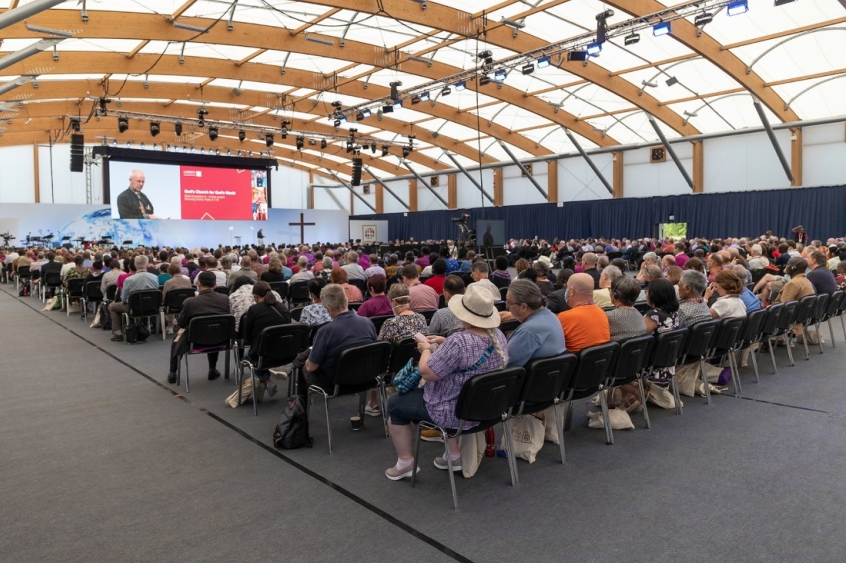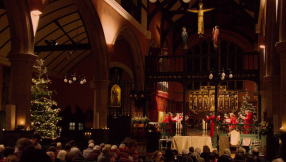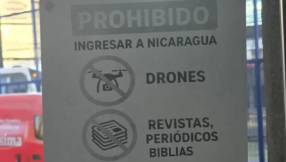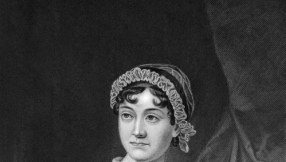
Lambeth Conference organisers have abandoned an electronic voting system for a series of 'Calls' on topical issues.
The changes were announced by the Archbishop of Canterbury, Justin Welby, during a closed session with bishops.
Instead of a recorded vote cast electronically, bishops will voice their agreement, concerns or opposition.
Lambeth Conference organisers said the changes were being made after listening to feedback from bishops.
The announcement was greeted with "supportive applause".
"An opportunity will be given at the end of each session for a verbal indication of agreement. If the calls gain clear assent they will be sent forward for further work," organisers said.
It is the latest change to how the 650 bishops attending the conference will register their response to the Calls.
The process originally offered two responses - "This Call speaks for me. I add my voice to it and commit myself to take the action I can to implement it", and "This Call requires further discernment. I commit my voice to the ongoing process."
A third option was added in response to a backlash by liberal bishops against the Lambeth Call on Human Dignity.
This allowed bishops to register dissent: "This Call does not speak for me. I do not add my voice to this Call."
That Call included a reaffirmation of Lambeth 1.10's commitment to marriage between a man and a woman, and its rebuttal of homosexual practice.
It was later revised by the drafting team to omit this reaffirmation.













